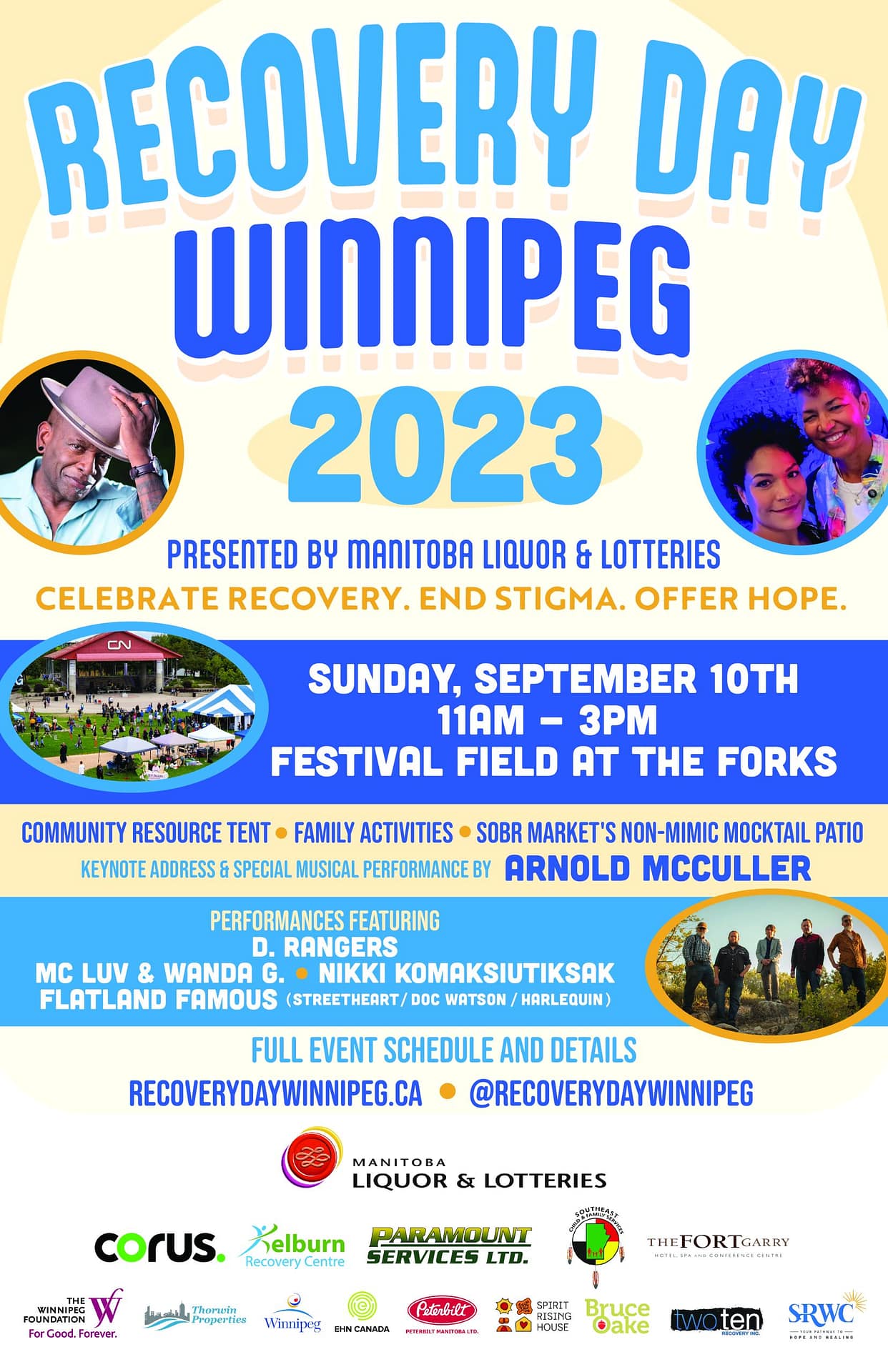Best Foods For A Perfect Recovery Day Breakfast: Fuel Your Body Right
When it comes to regaining energy and repairing your body after a tough workout, a "recovery day breakfast" can set the tone for your entire day. It’s not just about satisfying hunger; it’s about nourishing your body with the optimal blend of nutrients that promote recovery, muscle repair, and overall wellness. Whether you're an athlete, fitness enthusiast, or someone looking to enhance your post-workout nutrition, the first meal of your recovery day is critical in helping you bounce back stronger.
Starting your day with a nutrient-dense breakfast can reduce inflammation, replenish glycogen stores, and support your immune system. From protein-packed meals to antioxidant-rich fruits, the options for creating a recovery day breakfast are endless. But what exactly should you include in this meal to ensure maximum recovery benefits? The key lies in balancing macronutrients—carbohydrates, proteins, and healthy fats—along with essential vitamins and minerals that your body craves after strenuous activity.
In this article, we’ll delve deep into the science behind the perfect recovery day breakfast, explore various meal ideas, and answer common questions about post-workout nutrition. With a mix of expert advice and practical tips, you’ll have all the tools to design a breakfast that not only tastes great but also kickstarts your recovery process. So, let’s dive in and discover how you can fuel your body the right way for optimal recovery and performance.
Table of Contents
- Why is a Recovery Day Breakfast Important?
- The Science Behind Recovery Nutrition
- What Should You Eat for a Recovery Day Breakfast?
- Best Foods for a Recovery Day Breakfast
- How Do Macronutrients Affect Recovery?
- Top 5 High-Protein Breakfast Options
- Carbohydrates and Their Role in Recovery
- Healthy Fats for Recovery Day Breakfast
- Vitamins and Minerals for Optimal Recovery
- Should You Eat Before or After Morning Exercise?
- Quick and Easy Recovery Breakfast Recipes
- Common Mistakes to Avoid in Recovery Breakfasts
- How to Time Your Recovery Meals
- Frequently Asked Questions About Recovery Day Breakfast
- Conclusion
Why is a Recovery Day Breakfast Important?
Your muscles, energy levels, and overall recovery are profoundly affected by what you eat after a workout or a physically demanding day. A well-rounded recovery day breakfast not only helps replenish energy stores but also supports muscle repair and reduces soreness. During exercise, your body depletes glycogen—a form of stored energy—and creates tiny tears in muscle fibers. Breakfast is your first opportunity to kickstart the healing process.
Benefits of a Recovery-Focused Breakfast
Here are the key benefits of making recovery day breakfast a priority:
- Replenishes Glycogen: Carbohydrates consumed during breakfast help restore glycogen levels, ensuring you have energy for the rest of your day.
- Promotes Muscle Repair: Protein plays a critical role in repairing muscle tissue and reducing soreness.
- Reduces Inflammation: Antioxidant-rich foods like berries and nuts combat inflammation caused by strenuous activity.
- Boosts Immune Function: Vitamins and minerals such as Vitamin C and zinc help strengthen your immune system.
Why Timing Matters
Timing is crucial when it comes to recovery nutrition. Consuming a balanced breakfast within 30-60 minutes after waking up or finishing a morning workout can maximize nutrient absorption and recovery benefits. Waiting too long to eat may delay the healing process and prolong fatigue.
- Brooklyn Park New York
- Pork Sandwich Near Me
- Cape May National Golf Club Cape May Nj
- Point 72 Summer 2025 Finance Internship Usa
- Grand Hyatt New York City
The Science Behind Recovery Nutrition
Recovery nutrition is grounded in scientific principles that focus on replenishing energy stores, repairing muscle tissue, and reducing oxidative stress. Understanding the physiological changes that occur during exercise can help you design a recovery day breakfast that meets your specific needs.
What Happens to Your Body During Exercise?
During physical activity, your body undergoes several changes:
- Depletion of Glycogen: Your muscles use glycogen as their primary energy source, leaving you with reduced energy levels post-exercise.
- Muscle Microtears: Exercise creates tiny tears in muscle fibers that need to be repaired for growth and strength.
- Increased Oxidative Stress: Intense activity generates free radicals, which can damage cells and contribute to inflammation.
How Does Nutrition Aid Recovery?
Nutrition plays a pivotal role in recovery by:
- Replenishing glycogen through carbohydrate consumption.
- Providing amino acids from protein to repair muscle fibers.
- Offering antioxidants to neutralize free radicals and reduce inflammation.
What Should You Eat for a Recovery Day Breakfast?
Creating a recovery day breakfast involves selecting foods that offer the right balance of macronutrients and micronutrients. Here’s what you should include:
Essential Macronutrients
Focus on the following macronutrients:
- Proteins: Eggs, Greek yogurt, and lean meats for muscle repair.
- Carbohydrates: Whole grains, fruits, and starchy vegetables to replenish glycogen.
- Fats: Avocado, nuts, and seeds for sustained energy and anti-inflammatory benefits.
Micronutrients for Recovery
Don’t forget these vitamins and minerals:
- Vitamin C: Found in oranges, kiwis, and strawberries, it supports immune function and reduces muscle soreness.
- Magnesium: Present in spinach, almonds, and dark chocolate, it helps relax muscles and prevents cramps.
- Potassium: Bananas and sweet potatoes replenish electrolytes lost through sweat.
Best Foods for a Recovery Day Breakfast
Here’s a list of some of the best foods to include in your recovery day breakfast:
- Oatmeal: A slow-digesting carbohydrate that provides sustained energy.
- Eggs: Packed with high-quality protein and essential amino acids.
- Berries: Rich in antioxidants that fight inflammation.
- Nut Butters: A source of healthy fats and protein.
- Greek Yogurt: High in protein and probiotics for gut health.
Frequently Asked Questions About Recovery Day Breakfast
Here are some common questions people ask about recovery day breakfasts:
1. How soon after waking up should I eat my recovery day breakfast?
Ideally, you should eat within 30-60 minutes after waking up or completing your morning workout to maximize recovery benefits.
2. Can I have a recovery breakfast if I don’t exercise?
Yes, a nutrient-rich breakfast is beneficial for overall health, even on non-exercise days.
3. Is coffee okay for a recovery day breakfast?
Coffee is fine in moderation, but pair it with nutrient-dense foods to ensure a balanced meal.
4. Are smoothies a good option for recovery breakfast?
Yes, smoothies can be an excellent choice as they combine proteins, carbs, and healthy fats in a convenient format.
5. Should I avoid fats in my recovery day breakfast?
No, healthy fats are essential for reducing inflammation and providing sustained energy.
6. Can I skip breakfast and just have lunch instead?
Skipping breakfast may delay recovery and reduce energy levels. A nutritious breakfast jumpstarts your day.
Conclusion
A well-planned recovery day breakfast is the cornerstone of effective recovery and optimal performance. By including the right mix of macronutrients, vitamins, and minerals, you can fuel your body for the day ahead while supporting muscle repair and energy replenishment. Whether you prefer a hearty omelet, a smoothie bowl, or a classic oatmeal dish, there’s no shortage of delicious and nutritious options to choose from. Start your day the right way and let your breakfast work as the ultimate recovery tool.

2023 Lineup Recovery Day Winnipeg

Mother's Day Breakfast Sutton Legion